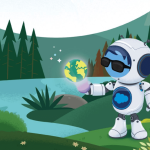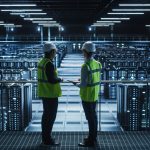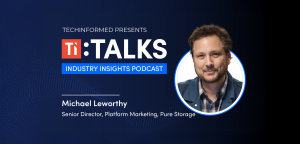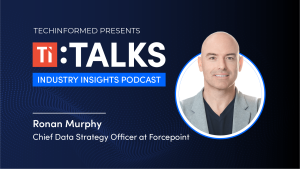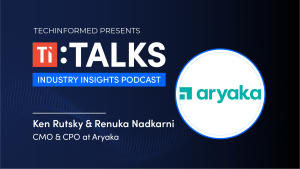
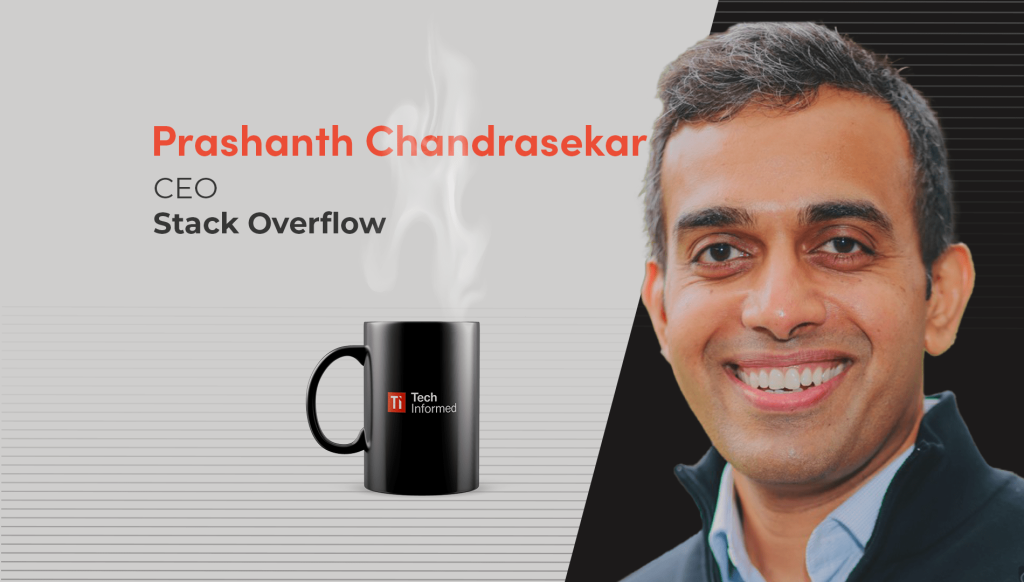
Prashanth Chandrasekar, CEO, Stack Overflow
Tech leaders like to think they have their finger on the pulse of developers and engineers. But few have as deep an insight into what technologists are really thinking than Stack Overflow CEO, Prashanth Chandrasekar.…
Tech leaders like to think they have their finger on the pulse of developers and engineers. But few have as deep an insight into what technologists are really thinking than Stack Overflow CEO, Prashanth Chandrasekar.
Chandrasekar studied Computer Engineering at the University of Maine, before taking a Master’s in Engineering Management at Cornell, and then an MBA at Harvard Business School. He’s held engineering roles in companies like Broadcom and Texas Instruments, worked at Capgemini, and Barclays Investment Bank, before spending seven years at Rackspace Technology.
He took over at Stack Overflow – a Q&A website for computer programmers – just in time to steer it through the pandemic and then had to confront the GenAI revolution. This has had profound implications for its contributors and its own business and prompted a shift away from relying on advertising to offering enterprises “knowledge as a service”.
Chandrasekar sits down with TI just as it published its 2025 Developer Survey.
Your latest report showed that developers are making more use of AI coding tools than ever, but are also becoming more sceptical of their output. What’s going on out there?
We’ve asked this question three years in a row, and as we’ve seen, the adoption of AI has gone up to 80% or so in this year’s survey. The trust level has fallen from 40% down to 29%.
It’s not entirely surprising when you think about the root causes. People are using these tools and have discovered that they’re prone to hallucination, they’re almost right.
One of the issues inside companies is that now that you’re using AI tools, you’re spending more time debugging the code that’s been generated by the AI. So overall, your effectiveness is actually slowed down, or your productivity has actually become worse in some cases. So that’s very frustrating for people.
There’s a lot of concern that tech jobs, particularly for younger developers, are under threat from AI. What do your figures show?
I think there’s a tremendous amount of pressure in the system to prove out or have an ROI on these investments. And I think people are going through, effectively, a change curve. There’s a lot of exuberance when it all starts out, and people then realise, as they start implementing it, beyond just sort of small pilots and experiments, that there are a tremendous number of things to consider before you roll something this out.
There’s a tremendous amount of data issues that people have to consider, security issues that people have to consider. Accuracy issues are probably the number one thing.
The fact that people are saying, ‘Look, computer science jobs are cooked’, is a total mistake. It means that you actually need more of them to understand the fundamentals. Absolutely you want these folks to learn how to use AI tools, because that only makes them even more capable. So, it should be an enabler, and that is, and should be, an accelerant to technology progress.
You were previously at Rackspace which was a bit of a rollercoaster. And Stack Overflow has had to grapple with a changing industry. How do you keep focus amidst the chaos?
I think it’s knowing, ultimately through experience, that in technology especially, and perhaps increasingly the other sectors, there is no permanence in anything that you’re building. It’s very much a high change environment. It is a highly innovative, entrepreneurial environment. You’d be really silly to assume that things stay the same and that what you have today is going to be appropriate for tomorrow.
It’s a very interesting problem to solve. Ultimately, I’m an engineer, so I think of it as a fun challenge. We’ve added value in a lot of ways over the last 15 years. Now it’s about how we continue to add value in a new era.
You studied computer engineering, but if you were coming out of college again, would you still choose tech? Or is there another industry or sector that would really capture your attention?
What is great about the field is that allows you to think critically. It allows you to problem solve, deconstruct big problems into smaller ones. It provides a structured way of solving things. They’re evergreen skills that you’re going to need in your life period. So, if I were doing it all over again, I’d choose the same thing. The topics will always change, but that’s just life.
How do you take your coffee?
After a multi year like regimen of drinking one cup of coffee every day, a very strong one, I stopped cold after a recent trip to Europe. I realised I was running around looking for a coffee. It was an unhealthy dependency. I just said I’m going to cut it out. So, I do not drink coffee.


